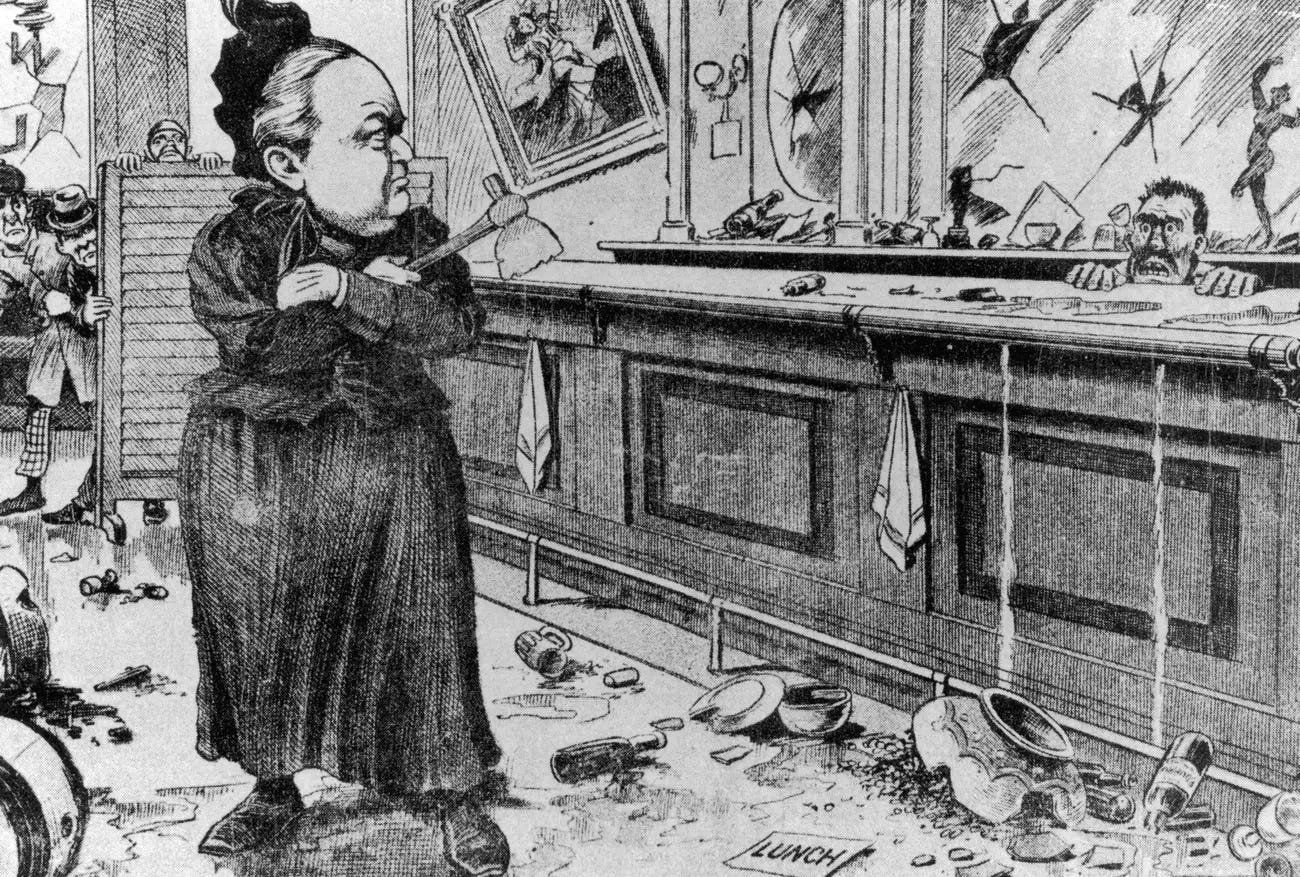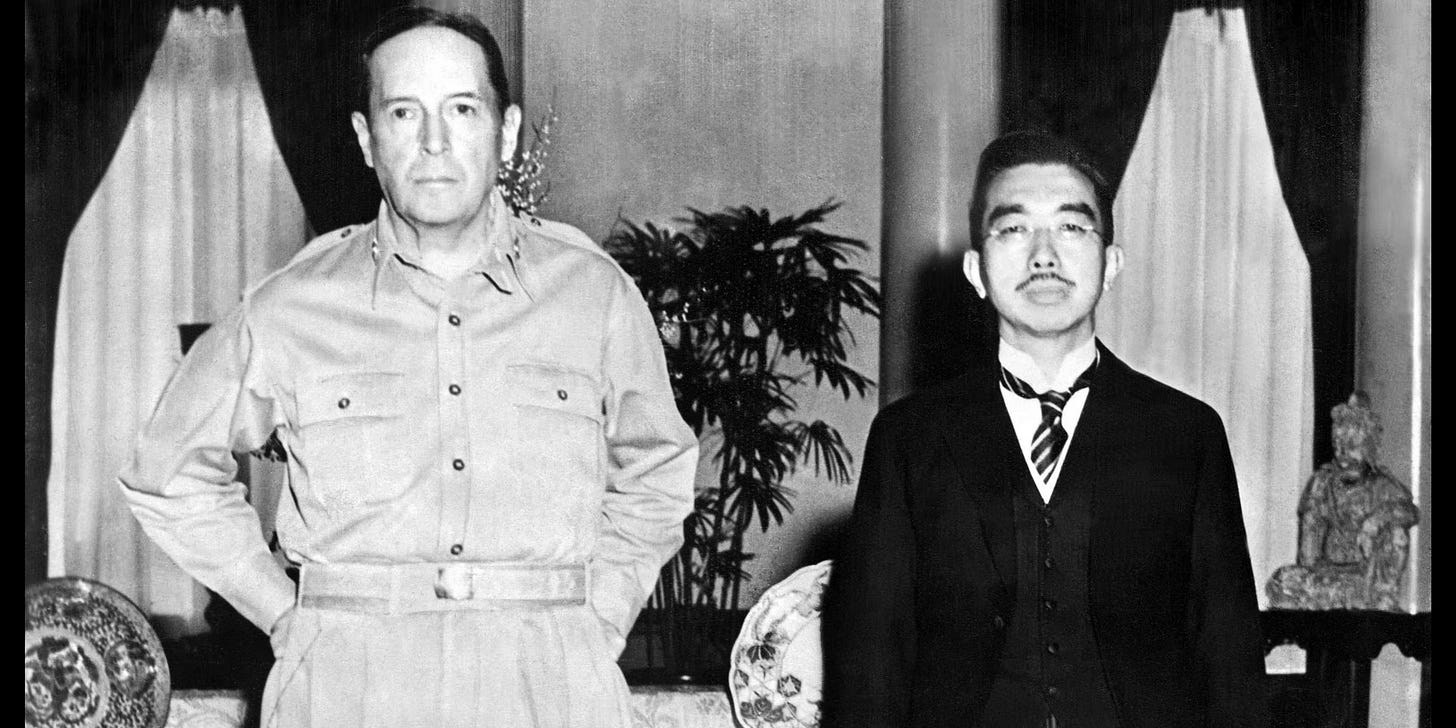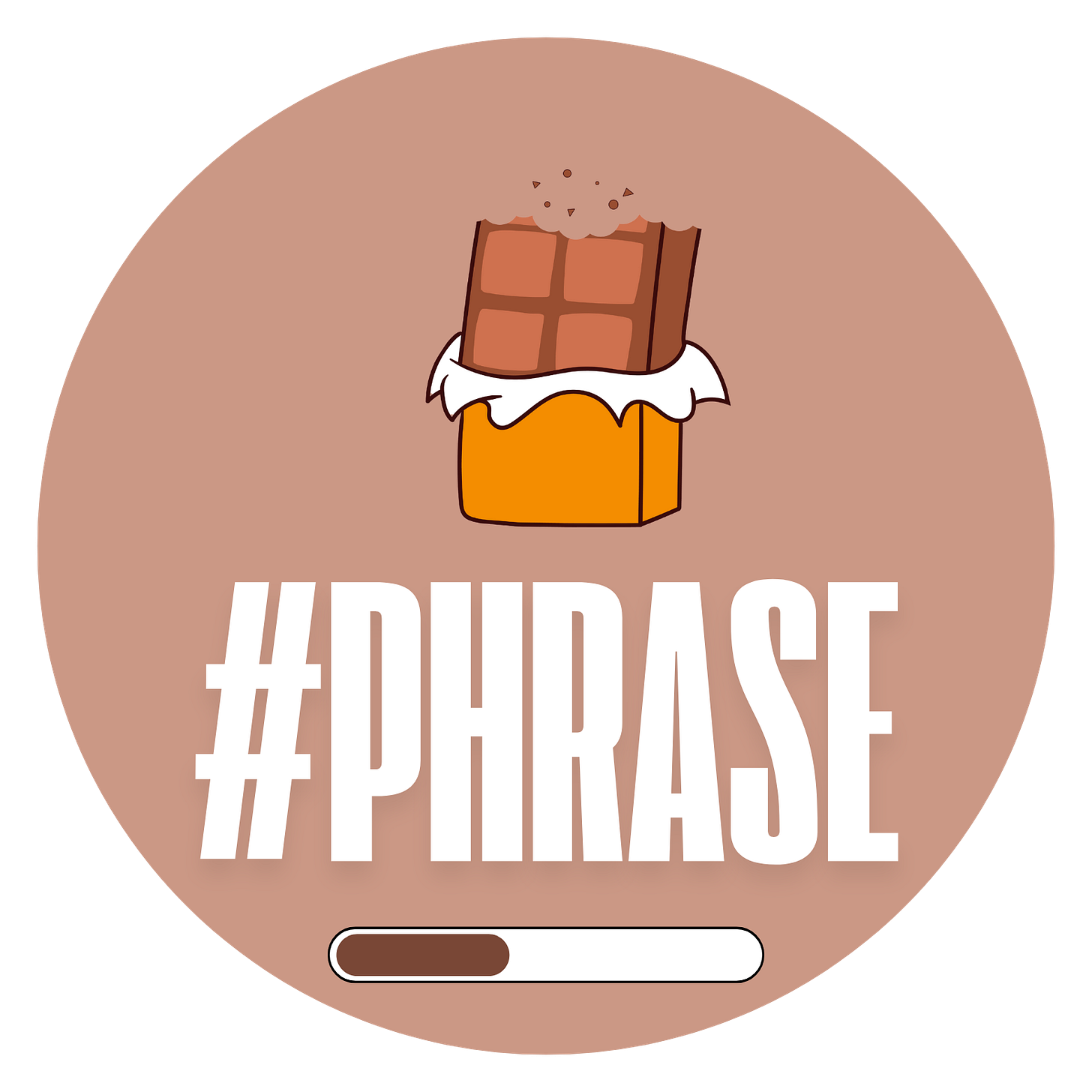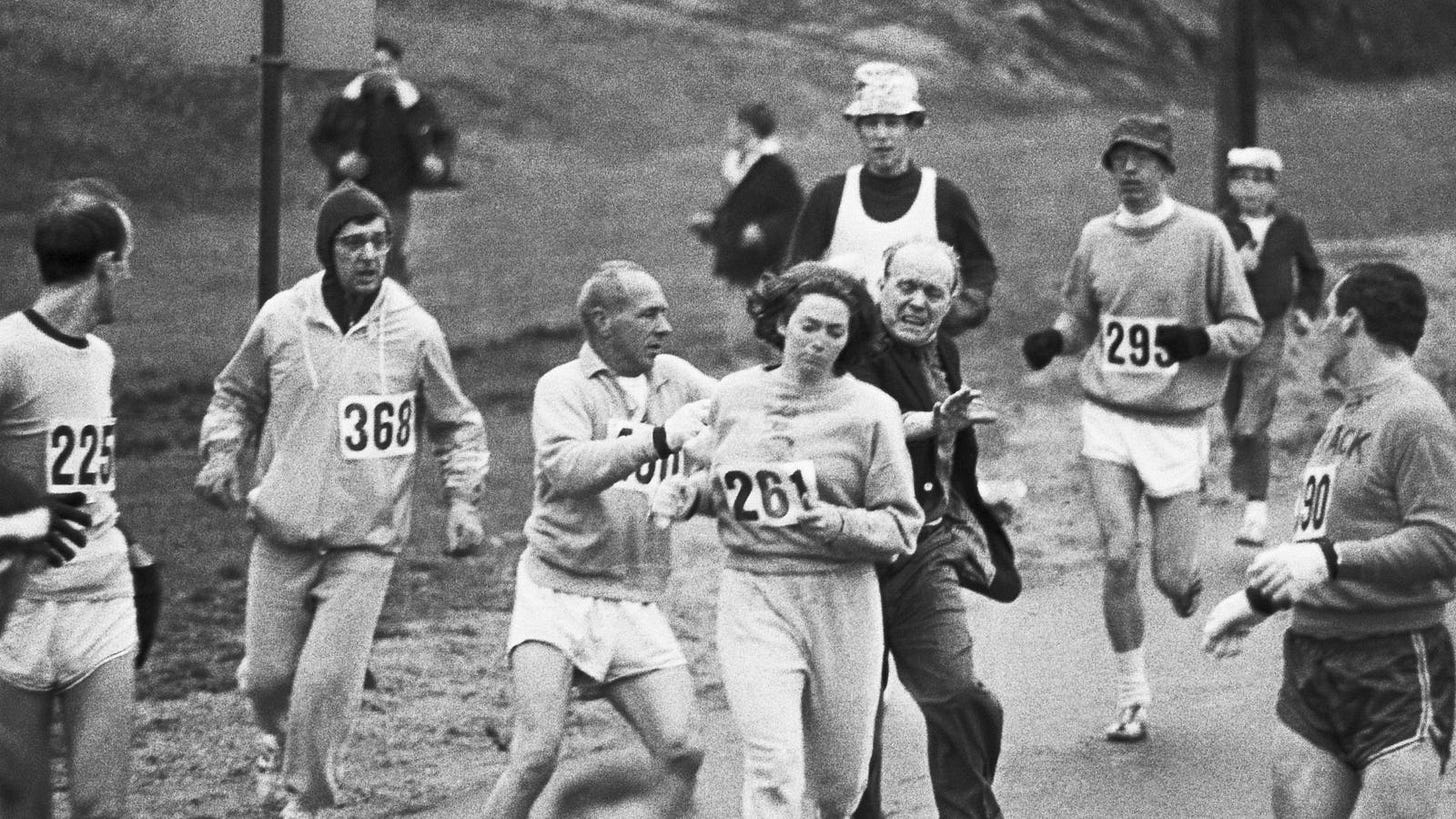Feminism Vs Big Beer.
On This Day, Photo of the Week, Did You Know? & Quote of the Week
BOC#045
5 MINUTE MUNCH
TITLE PIECE: HOW WOMEN DROVE TEMPERANCE
Following the 18th amendment in 1919, alcohol was banned in one of the world’s most intoxicated nations for what promised to be a perilous thirteen years of speakeasies and dubious homebrewing. From January 1920, U.S society would, for all intents and purposes, endure over a decade of sobriety. But what was the driving force behind this unprecedented historical anomaly, and how did the wrath of women have such a profound effect on America’s social landscape?
Prohibition is arguably one of the most intriguing exhibitions of social and moral regulation in the history of humanity. To have severed the flow of booze from an intoxicated society of working men whose rituals were firmly enshrined in saloon culture was incredibly ambitious. As one might imagine, destroying the kegs would require much more than the simple passing of an unpopular piece of legislation. With the inevitability of a new vacuum being filled by illegal activity, the authorities would have to pull out all the stops.
The traditional, and somewhat mythical take on prohibition has it that a small group of anti-alcohol conservatives decided that a ban on liquor would be a good idea. This in turn led to the immediate creation of underground drinking institutions, the rise of Al Capone, and the desperate consumption of medicinal and sacramental alcohol. Prohibition, so the popular narrative goes, was later concluded as an example of American stupidity, and was abruptly repealed in 1933. This makes for good revisionist history, but the reality, however, was somewhat different. In actual fact, Prohibition was very much a feminist driven movement, spearheaded by bands of frustrated housewives in a world in which the female voice was yet to be heard.
American men would spend much of their time in saloons, squandering their time and money, only to return home at an untimely hour with a clenched fist and a foul mouth, or so the story went. Women, who had yet to receive the right to vote, weren’t allowed into saloons in an effort to preserve their dignity and respect — they were too delicate to drink, after all. In a world where few labour laws meant that men worked long hours for little pay, drinking was a vice employed by men as a coping mechanism.
The saloon had long been part of American culture, but Irish and German immigrants were thought to have contributed more than their fair share having brought their wet ways over from Europe. Temperance movements often targeted immigration as a result.
The first of these movements was the the Women’s Christian Temperance League formed in 1874. The organisation would represent the first step in women’s activism against the saloon, paving the way for the Anti-Saloon League (ASL) in 1893. The common denominator wasn’t alcohol itself, but the familial and social impact of saloon frequenting men. Alcoholism didn’t only deprive families of husbands, but resulted in venereal disease, premature death and aggravated poverty.
Frustrated, some more radical women took the law into their own hands. Most notably, Carrie ‘Hatchet Granny’ Nation (below), who was arrested no less than thirty times, actively entered and destroyed saloons with her axe.
Bans on alcohol had been making waves since the short lived Maine prohibition of 1851. More states would follow suit, and by the turn of the century, much of the nation would face restrictions on booze. With the advent of the First World War, the ban would accelerate as the government attempted to preserve vital grain and other essential resources needed in the national war-effort.
In spite of the Big Beer’s efforts to campaign against women’s suffrage, the female vote would eventually find its way into mainstream politics. This monumental shift in the ballot would go on to play a pivotal role in the passing of the saloon indicting 18th amendment. Women against the saloon would ultimately vote this revolutionary piece of legislation into existence.
The void left by the ban gave way to the inevitable opening of underground taverns in which thirsty customers were required to ‘speak easy’ as to avoid discovery. These illicit establishments ultimately became known as speakeasies. Not all women supported prohibition, and with changes in women’s social standing pending, and no official rules beyond ‘speaking easy,’ women too, began frequenting these new establishments. It was here that newly liberated ladies could be found clasping bootlegged beverages made from low quality, poor tasting alcohol diluted with more palatable mixers like ginger beer, tonic water and Coca-Cola.
As the Great Depression took hold of the U.S economy, Prohibition was dismantled. The state no longer had the luxury of banning business, and besides, women had achieved their goal of seeing that the saloon was well and truly extinct. By December 1933, it was all over. Mississippi didn’t repeal prohibition until 1966, however, and today some southern counties still ban the sale of alcohol.
ON THIS DAY: 10th NOVEMBER
Following the dismantling of apartheid, the South African cricket team played its first international match since 1970 on this day in 1991.
The U.S Marine Corps (Continental Marines) was founded on this day in 1775. Intended as a seaborne unit by which to fight the British during the American Revolutionary Wars, the battalion was commissioned by the second Continental Congress (the provisional government of the thirteen colonies).
27 year old Emperor Hirohito takes the Japanese throne on this day in 1928. In 1941, he would approve the Japanese attack on Pearl Harbor leading to war between Japan and the United States. Below: A casual General MacArthur stood next to a stiff Emperor Hirohito in 1945. While MacArthur thought Hirohito should be tried for war crimes, it was thought more effective to keep him in power. Hirohito would “renounce” his divinity, and back a new U.S drafted constitution. The 2012 film The Emperor tells the story of MacArthur in post war Japan.
PHRASE ORIGIN OF THE WEEK: “TARRED WITH THE SAME BRUSH”
This phrase is thought to go back to the tarring of the area around sheep sores. Applying tar to the area around sores and wounds would function as a mild antiseptic and keep insects away. The idea was to only use the brush on affected sheep, but not on the entire flock for fear that infection might spread. If the brush was used on the entire flock, the sheep were said to have been “tarred with the same brush.”
Tarring may have also been used in marking sheep for identification and ownership purposes.
PHOTO OF THE WEEK
In 1967 Kathrine Switzer attempted to become the first woman to run the Boston marathon. The organisers had other ideas as they tried to stop her from doing so.
DID YOU KNOW?
The word tattoo is derived from the Polynesian word ‘Tatau’ which means to strike or mark, and was introduced to the english language by Captain James Cook.
QUOTE OF THE WEEK:
“The great nations have always acted like gangsters, and the small nations like prostitutes.” — Stanley Kubrick, American film director 1963.
MISSED LAST WEEK? READ: A BRIEF HISTORY OF 1965













First time that I've heard of hatchet granny. Quite a character!